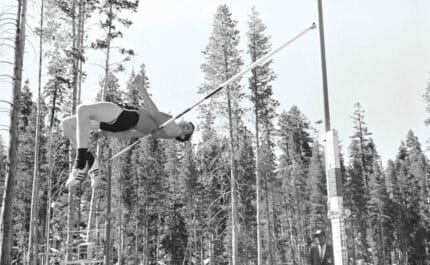The YouTube warrior
The Syrian conflict has been dubbed the first YouTube war, with cameraphones allowing activists on both sides to broadcast their view of the conflict. But for Amjad Siofy citizen journalism was just the start – James Harkin tells his story
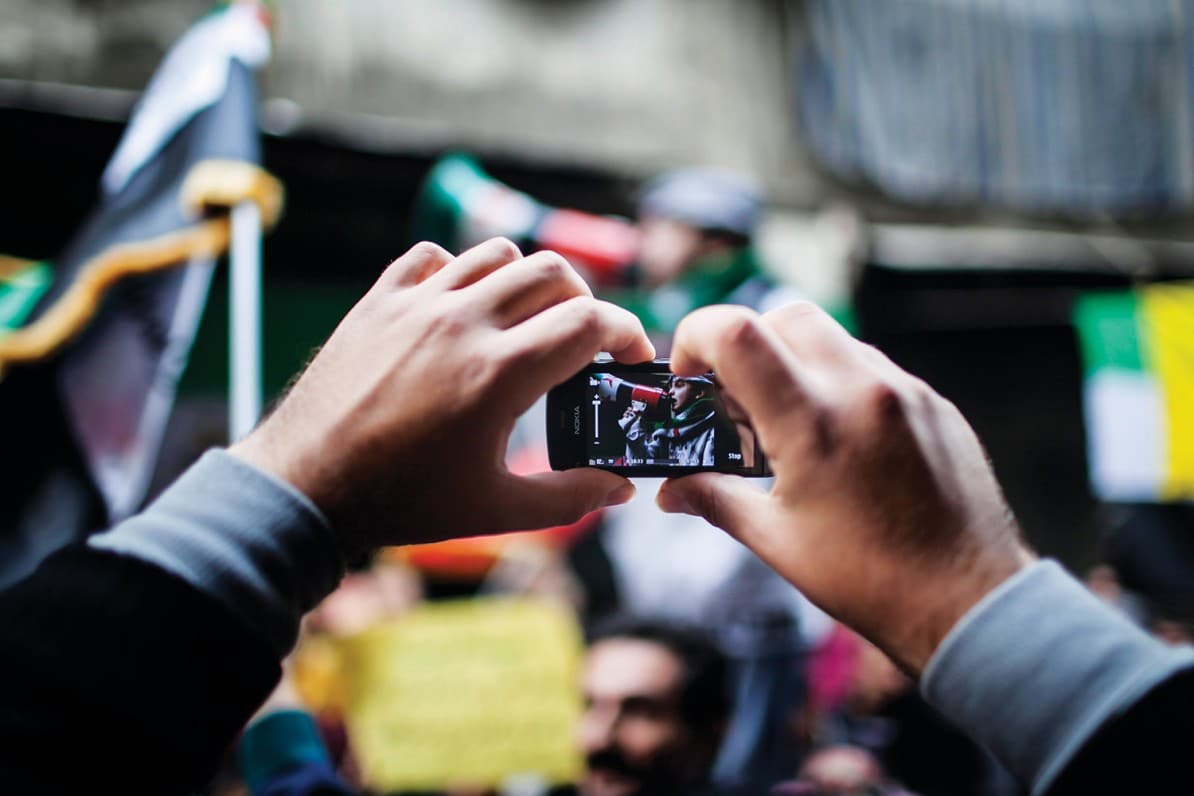
Photo: Andoni Lubaki/AP/Press Association Images
18th January 2013 (Taken from: #10)
I first met Amjad Siofy in an Istanbul restaurant last July. I wanted to know more about the motives of the soldiers of the Free Syrian Army (FSA) and he arrived along with two friends with whom he smuggled arms to the FSA from the neighbouring countries of Turkey, Lebanon and Jordan. Amjad spoke the best English of the trio so talked the most, but he would have stood out even without his language skills. He was a slight, impish 24 year old who didn’t look like the armed insurrection type. It was as if he was a schoolboy that had fallen in with the wrong crowd.
Throughout our chat about the various armed groups fighting under the banner of the FSA, he seemed constantly on the brink of a smile, as if despite everything he was somehow at peace with the world. At the end of a long conversation about military strategy and internal politics we’d relaxed a little, so I asked what he’d been doing before the fighting started. “Do you want to hear my story?” he replied. “It’s a good one, I think.”
The war online
Amjad’s story was a good one. He was in his final year of an engineering degree at Damascus University when the Arab Spring arrived in Syria in March 2011. Perhaps it was just his geeky nature, but for some reason he started attending demos with a cameraphone skilfully concealed under his T-shirt. He’d walk around picking up tidbits of footage to post on YouTube. In spring 2012, he had been ambling around the fringes of a pro-government demo in central Damascus where a female reporter for state TV was looking for suitable voices for the evening news. She wanted an English speaker, presumably to reach an international audience.
“What should I say?” Amjad asked, weighing in with serviceable English. “Say that the opposition have every right to hold a conference,” the reported replied, “and that Syria is a free country but that you support the president.” But with both the state TV camera and his own concealed one rolling, he went spectacularly over the top: “Our president is the best president in the whole world,” he said, attempting to satirise the regime propaganda pervasive on state TV. “Everyone knows that every Syrian loves the president. So what do we do with the opposition? I say kill them.”
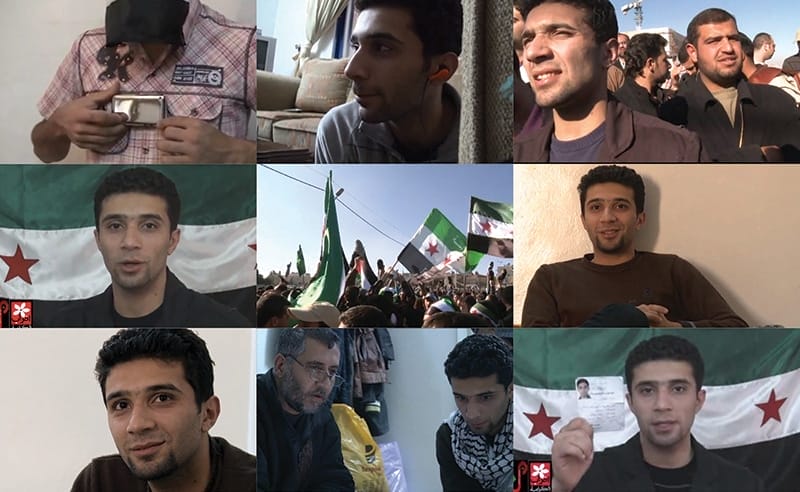
At this point his rhetoric morphed into a kind of tease. “We are all Syrians here. So what do we want? I mean what do all of us Syrians really want?” A clump of pro-government supporters crowded around him, both baffled and impressed, and Amjad had to bite his lip not to shout “Freedom!” and run off. Instead he left them with a damp squib. “What we want is, er, I mean we sort of want to, er, fix it?”
Two days after meeting Amjad in Istanbul I met him again, this time in the southern city of Antakya, on Turkey’s border with Syria. I spent an afternoon with him and his Free Army colleagues in a makeshift logistical office strewn with computers and prayer mats. He showed me some of the videos: they were clever and subversive, full of seat-of-the-pants undercover reportage. There was his footage of young men and women doing no more than singing the Syrian national anthem – and then being hurled into the back of a van and beaten up for doing so. “That one ended up on Al-Jazeera and on France 24,” he said. “Do you see my watch in the clip? I was so scared I didn’t wear it for weeks.”
Unlike many media activists he told the truth, and could be unflinchingly honest about the failings of his own side”
In another clip Amjad, a Sunni Muslim, and a casually dressed female friend of his from the minority Alawite sect (who are usually loyal to the regime) pretend to be lovers on an afternoon stroll to get up close to a clutch of feared pro-government paramilitaries, the shabiha. For the first time these much-feared men looked human. The next video was scarier still – two shabiha taking him aside on the edge of an anti-government demonstration, frisking him and then asking to see his mobile phone. Amjad duly hands over the spare mobile phone he keeps in his pocket, at which point the viewer sees the tattooed fingers of the paramilitary scrolling through his phone looking for videos. The sequence seems to last for ever. “Do you see my hands shaking?’ says Amjad, excitedly. “I was scared stiff.”
Beyond pseudonyms
Amjad’s life was about to get scarier still. When his girlfriend was interrogated by secret police looking for information about him, he fled Damascus for Jordan and then Turkey. Videos alone, he decided, weren’t going to topple the Syrian regime. In fact, he’d begun to believe the authorities might actually prefer all this Facebooking and YouTubing: a young man carrying a laptop or mobile phone can’t also be aiming a gun. His enthusiasm for using the media as a metaphorical weapon had hardened into a thirst for the real thing.
When I told him I wanted to cross over from Turkey into rebel-held Northern Syria, he offered to accompany me; in the end I found an alternative way in and we said goodbye. A month later, he went back to Syria himself, travelling with the Free Syrian Army, but we kept in touch using Facebook and Skype. I liked him because unlike many media activists he told the unvarnished truth, and could be unflinchingly honest about the failings of his own side – he believed that many FSA battalions were putting their financial and political interests ahead of the revolution.
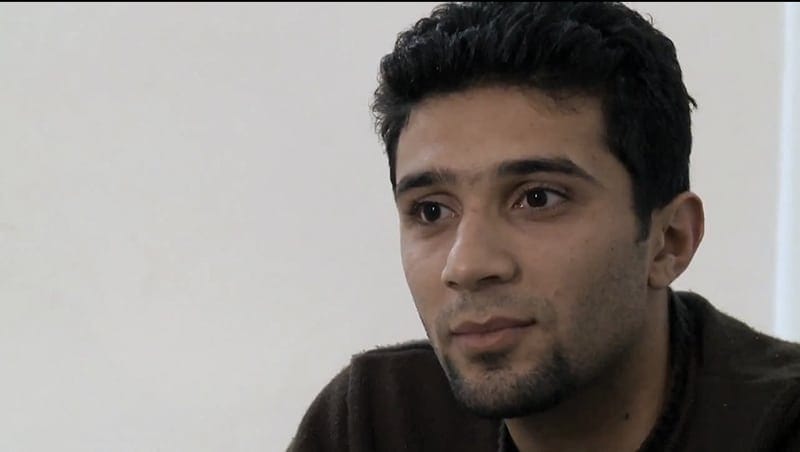
He was a source of fascinating information. Early on in the revolt, he said, the US embassy in Damascus had given him and his comrades proxy software and satellite phones to help them evade the regime’s internet surveillance systems. They’d sent it through something called the Damascus Revolutionary Council, but that, he said, was “just window-dressing” because the Americans didn’t want to be seen to be helping armed rebels directly.
Amjad had since been in meetings in Istanbul with senior officials from the US State Department. They said yes a lot and kept in touch, he told me, but didn’t do a great deal to help. When the American freelance journalist Austin Tice went missing, I contacted him for information too; after all, it was Amjad and his two colleagues who’d arranged to bring Tice into Syria in the first place. When I wrote a dispatch for the BBC about Amjad’s work and sent it to him he was thrilled, only chiding me for changing his name to Jamil. “Why would you to do that?” he asked. I was trying to protect you, I said. But like many Syrians in the conflict he was beyond pseudonyms. They knew who he was, so why would he bother to change his name?
It’s getting more dangerous every day. Many of my friends have been arrested in the last two weeks – they may talk about our work”
Amjad was deeply religious but wanted the institutions of a new Syria to be liberal and inclusive to preserve the country’s delicate religious mosaic. He suspected the exiled Muslim Brotherhood, now jockeying for position in the Syrian conflict, might have different ideas. “I used to feel sympathy for the Brothers,” he said, “but not any more.” In the early days of the uprising, he said, the Brotherhood was slow to back the demonstrators. He also believed that the Brotherhood was using its sway over the Syrian National Council and close relationship with the moderate Islamist government of Turkey to deliver weapons to FSA brigades that demonstrated fealty to them. Amjad said that the Brotherhood understood that it was weak in Syria and that it was playing the long game.
Amjad told me that the Faroukh Brigade in Homs doesn’t fight anywhere near as much as it claims to. Instead, he insisted, it steals videos of other brigades’ operations to pass off as its own so it can impress its backers in Turkey and the Gulf states. In cahoots with its financial and religious backers, said Amjad, it is storing up weapons for after the collapse of the Ba’athist regime so that it can move into the vacuum.
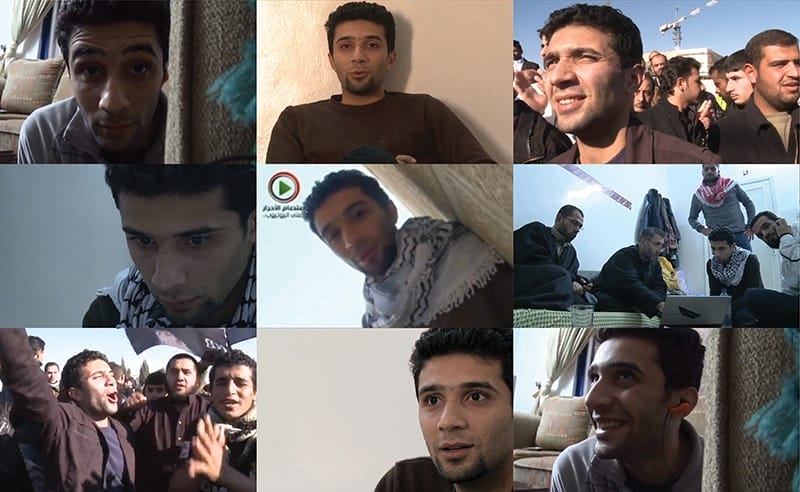
It wasn’t long before Amjad was back on the outskirts of Damascus. The Syrian regime keeps a firm grip on the city centre but the outskirts are now thick with rebels and being pulled apart by fierce fighting as well as regular bombardments from the air. In November 2012 I messaged him to find out how he was. “It’s getting more dangerous every day,” he replied. “Many of my friends have been arrested in the last two weeks.” Under interrogation or torture, he worried, “they may talk about our work.”
Don’t you want eternal life?
Amjad seemed to become increasingly religious in battle. A friend of his at Damascus University told me that he hadn’t been pious as a student, but that he was deeply affected by seeing how Sunnis had been bearing the brunt of the suffering in Syria’s rebellion. He’d also been influenced by new friends, some of whom I’d met in Antakya. They were Saudis, offering money to Syrian rebels for medical supplies and weapons, and they wore thin beards in the style of very religious Muslims. All they wanted to talk about was God. “If Islam was revealed to you, would you accept it?” one asked me. “Don’t you want eternal life?” enquired another.
When I steered the conversation onto politics they agreed that a free Syria needed to be for everyone, although certain laws should apply in Muslim areas. I asked the men if they were Salafis, the fundamentalist strain of Sunni Islam, and Amjad answered on my behalf: “They are all Salafis and I am too, but if you write that your readers will think I’m a Salafist like al-Qaeda. These people do terrible things to non-Muslims and foreigners. They are wrong, and against the Koran.”
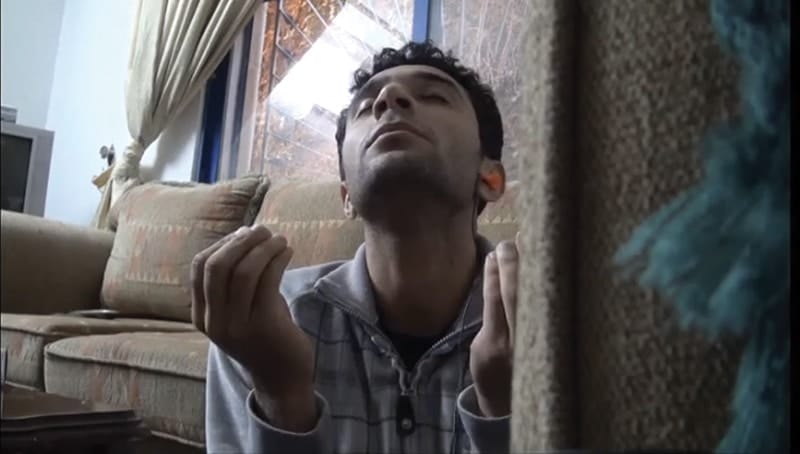
It was a good point. There’s a big difference between religious devotion and fanatical violence. Yet the growing religiosity of Syria’s young rebels is giving the conflict an increasingly sectarian dimension, which doesn’t bode well for the country’s future. The Free Syrian Army is losing ground to the Nusra Front, a militant Islamist group whose expertise on the battlefield is distracting embattled Syrians from the virulence of its ideology, which is almost indistinguishable from that of al-Qaeda.
There’s an element of pragmatism here, too. While Amjad’s religion was no doubt deeply felt, there was a necessity to say the right things in front of guests. Lacking money and weaponry, Syria’s young rebels have been leaning heavily on wealthy but puritanical backers in the Gulf states, whose religious fundamentalism sends shivers down the spines of many ordinary Syrians, especially those from minorities.
Amjad, however, saw himself as a patriot above all else and remained with the Free Syrian Army. He wanted equal treatment for all Syrians. In one of his most audacious videos, made early on in the uprising and in front of a three-starred rebel Syrian flag, he held up his student ID card and announced an “exam strike” among his fellow students at Damascus University, complaining that even the country’s university system has been corrupted under Ba’athist rule to favour the loyal and discriminate against troublemakers like him.
It’s a shame Amjad wasn’t able to finish his degree; all he really wanted to do, he kept telling me, was to use his engineering skills to build the new Syria. He would soon go on to put them to a more unconventional use. Staying with a friend in Saqba, in Damascus’s eastern suburbs, he had been distributing medicine and money, but he also began building homemade rockets to fire at the Syrian army.
A Facebook shrine
On the morning of January 18th, just two weeks short of his 25th birthday, Amjad was killed. He died along with a friend, in a blizzard of shells in Saqba. His parents were able to see the body before it was buried – they knew he was working with rebels, but had no idea about what he had actually been doing. They may not have wanted to know – according to one of his friends his brother had been arrested by the regime in an attempt to put pressure on the family.
In death Amjad has become something of a hero to his peers – like many of Syria’s fallen, his Facebook page has become a virtual shrine featuring many of his best videos. His journey from student to activist to soldier and part-time theologian is far from unique. In Antakya I’d chided him that Salafis are too keen to die; I wouldn’t want to go into battle with that lot, I said. He corrected me. “It’s not that we crave martyrdom but that we’re prepared for death, which makes us stronger,” he said. It’s a sad but all too common epitaph for Syria’s radicalised generation.
Slow Journalism in your inbox, plus infographics, offers and more: sign up for the free DG newsletter. Sign me up
Thanks for signing up.

